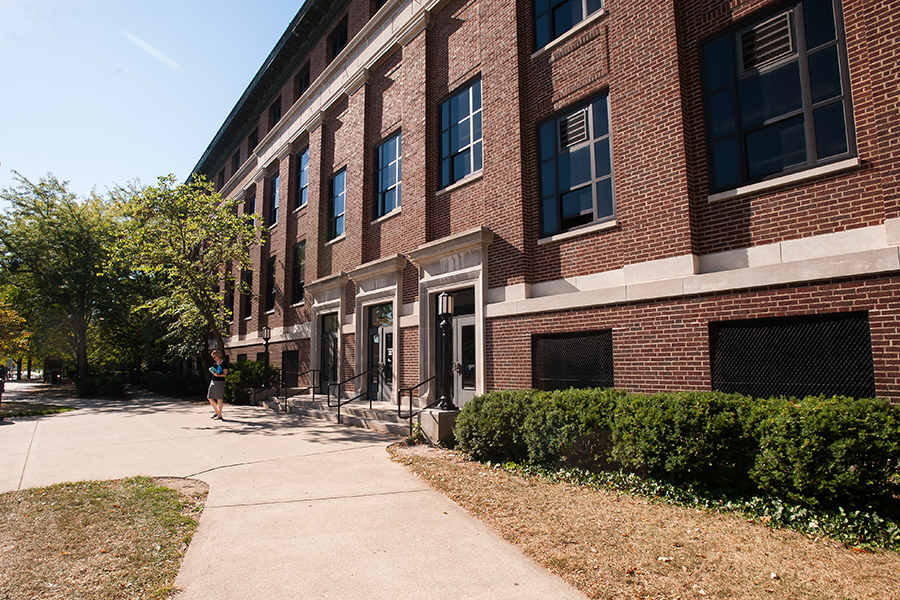GRIT+: Global, Research, Industry, Teamwork, and More
Experiential Learning and Research is a beneficial supplement to students’ traditional coursework. It can offer both hands-on and team experience as well as provide opportunities to gain additional skills that may be advantageous in the workplace or in graduate school. Students should consult with an academic advisor to learn how some of the opportunities below can count toward their degree requirements.

